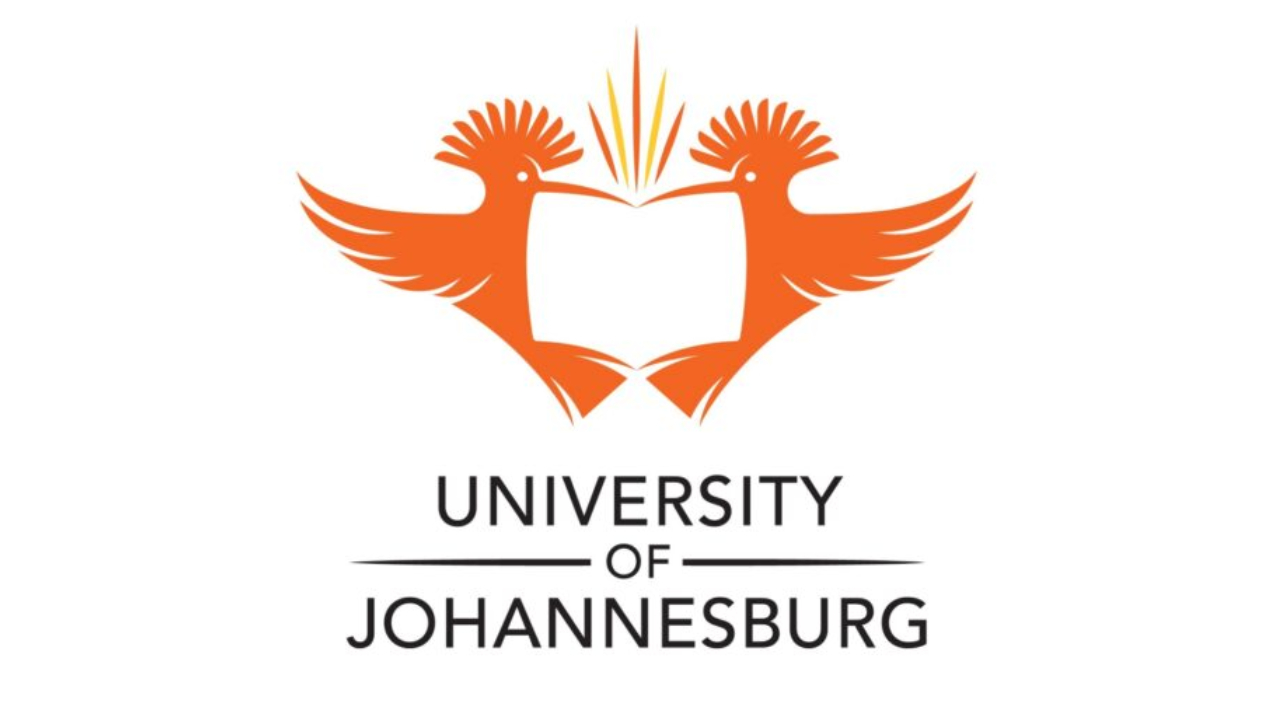- A small error by the University of Johannesburg has caused NSFAS to pay beneficiaries much less for their monthly allowances.
- NSFAS beneficiaries attending UJ have only been receiving R330 monthly instead of R1 650.
- The error has yet to be fixed with NSFAS saying that it is up to UJ.
The University of Johannesburg (UJ) mistakenly uploaded incorrect registration data during the upload period ahead of the 2024 academic year, which has resulted in incorrect allowance amounts paid out to students of the university, the National Student Financial Aid Scheme (NSFAS) said on Tuesday.
Instead of uploading the right allowance amount to be paid to each student for the entire academic year, R16 500, those registering the data at UJ instead input R3 300 – which is the amount for meal allowance.
This meant that NSFAS’ automatic payment technology split the R3 300 by 10, representing the 10 yearly payments. Consequently, beneficiaries of NSFAS who attend UJ have been receiving only R330 every month since the beginning of the academic year.
Universities begin classes in February, and NSFAS has only discovered the payment mistake now in April, two months later. Instead of receiving R3 300 for the last two months, UJ beneficiaries have only received R660 for which they have had to make due for their living expenses.
“The implications of the incorrect allowance payment are significant. Students who received lower allowances than expected are likely to be dissatisfied,” NSFAS said, in what is surely the understatement of the year.
“This dissatisfaction may lead to protests and a negative perception of the NSFAS direct payment process,” the scheme adds. “Negative perceptions” about the system and protest action have been going on since the direct payment system was launched in July 2023.
NSFAS and UJ have yet to fix the problem
“Rectifying the error will require efforts from UJ. Staff will need to investigate the issue, communicate with affected students, and process corrections in the system,” NSFAS said. However, instead of worrying about the disadvantaged young people who have had to make every cent count, NSFAS is more concerned about its already tarnished public image.
“There is a reputational risk associated with this incident,” it said. “The NSFAS disbursement process might come under scrutiny and be blamed for UJ’s error. Negative publicity can impact NSFAS’s image and erode public trust in its operations.”
Newsflash, NSFAS, there is no more public trust for your operations. You need only head to your comment section on X to find that out. The scheme is making it clear that UJ is responsible for the error, and is quick to shift the onus of the fix on the university, but the truth is the culprit of this issue is NSFAS.
The culprit is NSFAS’ dire lack of serious financial controls and oversight. For an entity that handles around R50 billion in taxpayer money, the scheme has shown time and again that it is unable to properly disburse payments to students.
In May last year, South Africa’s anti-corruption task force managed to get back over R300 million in unallocated NSFAS funds from universities and TVET colleges around the country. The task force attributed the missing funds to lacklustre controls at NSFAS.
Furthermore, NSFAS’ chaotic operations leave its million-plus beneficiaries in the dark most of the time. Thousands of desperate young people flood its channels and those of its fintech partners asking for help and information on the daily.
There is still no answer from NSFAS on the expected new payment system or why it has yet to fire its four fintech partners. In fact, why was UJ inputting registration data at all this year, when it is up to Norraco to register UJ students and facilitate their payment? At least that’s why it and three other fintech were handed a R5 billion contract last year, according to OUTA.

